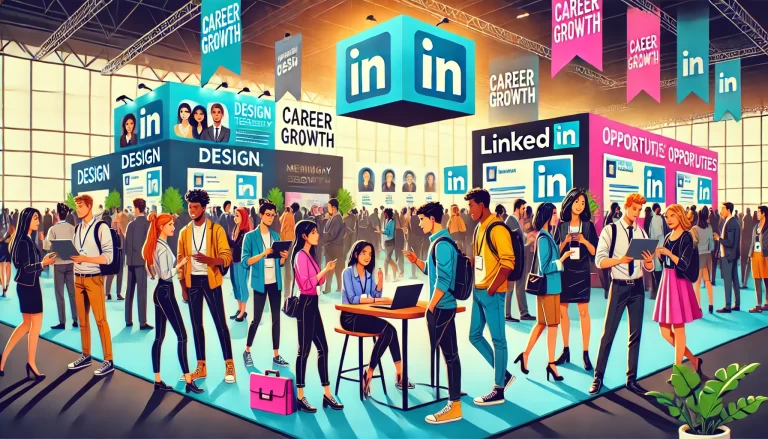How Industry Collaborations Enhance Learning for Aspiring Designers

Industry collaborations offer valuable real-world experiences for aspiring designers, bridging the gap between classroom learning and professional practice. In this blog, we’ll explore how working with industry partners can enhance learning and provide aspiring designers with unique opportunities for growth and development.
1. Real-World Experience One of the biggest benefits of industry collaborations is the opportunity for students to work on real-world projects. These collaborations give aspiring designers a taste of what it’s like to work under tight deadlines, deal with clients, and solve complex design challenges. This experience is invaluable and cannot be replicated in a classroom setting.
2. Exposure to Industry Standards and Practices Working with established companies allows students to learn industry best practices. From understanding client briefs to working with production teams, students gain exposure to the standards that professionals follow. This knowledge helps them understand what employers expect and prepares them for a seamless transition into the workforce.
3. Networking Opportunities Industry collaborations open doors to networking with professionals and experts in the field. These connections can lead to mentorship, job offers, or future collaborations. By building relationships with industry leaders, students can gain insights and advice that can guide their careers.
4. Skill Development Collaborating with industry professionals allows students to refine their technical and soft skills. Whether it’s mastering new software, improving their communication abilities, or learning how to collaborate effectively with a team, these experiences help students develop a well-rounded skill set.
5. Portfolio Building Working on industry-sponsored projects enables students to add high-quality, real-world work to their portfolios. This can be a game-changer when applying for jobs or internships, as employers value practical experience and well-documented projects that showcase a student’s skills.
6. Boosting Confidence The chance to work on industry projects helps students build confidence in their abilities. Contributing to professional work and receiving feedback from seasoned designers helps students recognize their strengths and areas for improvement, ultimately boosting their self-assurance.
Conclusion: Industry collaborations provide aspiring designers with invaluable learning experiences that can accelerate their growth. By working on real-world projects, refining their skills, and building professional connections, students are better prepared for success in the competitive design industry.






